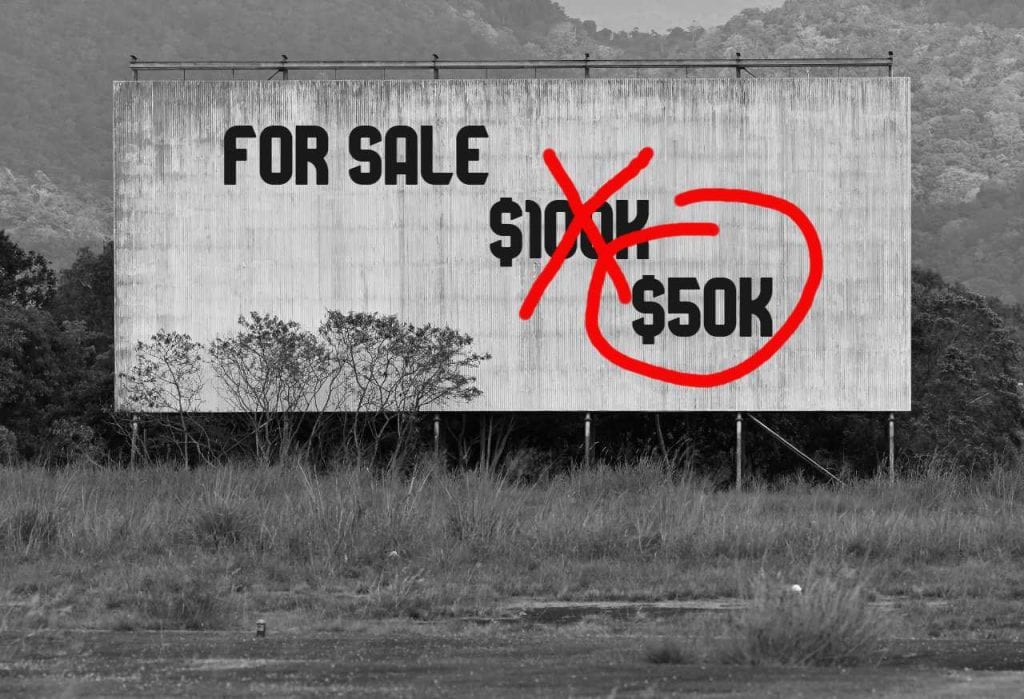Whoohoo! You have a buyer. Someone is willing to pay the asking price for your business. The deal is as good as done right? Not so fast says Bianca Evans, Business Broker with Transworld Business Advisors. While having two parties agreeing on a price is a huge hurdle cleared, it’s important to know that there are other stakeholders in the deal that make pricing a business more complicated. If a bank will be providing financing there are a few things that may happen. First, they will want to know intimate details and inspect the business books to validate the pricing of the business. Then, if the numbers don’t add up to the lending institution, they will make further demands or back out of the deal entirely.
An experienced broker can see this coming and prevent a deal from going bad. Here are some ways a deal to finance a business could fall apart EVEN if there are willing parties.
Pricing a Business: Business Appraisal
Not all deals require a formal business appraisal. However, when a bank gets involved, they almost always want the formal business appraisal. If the business does not appraise close to the agreed value, this alone could kill the deal. If it’s within 10% or so, you may find some banks willing to stretch or make other considerations like asking the buyer to come up with more cash to keep the deal together.

Business doesn’t cash flow
Even if the business does appraise appropriately, the bank wants to know that there is enough cash flow to support day to day operations. Will there be enough cash coming in to service the debt? Is there enough cash to handle any business interruptions? Will there be enough pay the buyer a salary? If these ratios are too close, the bank will get nervous and want additional assurances that the loan won’t default. You may be forced to renegotiate the sale price to keep the deal moving forward.
“The problem with either or both of these scenarios is that unless you have an experienced broker, these major issues won’t be discovered until the 11th hour. The longer it takes to discover, the bigger the problem becomes and worse it is for all parties involved,” says Evans.
She goes on to explain that when she looks at a seller’s books, she has an opinion of value that usually comes very close to what the more formal business appraisal would be. If something is out of line, she spots it quickly and can take steps to come to a solution.
So what are some of the solutions?
“It can be lots of things,” Evans says. This includes understanding the buyer’s salary needs. As well as having them speak to a lender early in the process, asking the buyer to come up with more cash or negotiating a larger or longer seller note. “I’ve even had a situation where the buyer was able to receive a family gift to make it work..”
Melissa Yorko, TD Bank Vice President adds “Getting the bank involved early in the conversation with both the broker and the borrower about the purchase and structure can help the borrower save time and assists with expediting the entire Small Business Administration (SBA) loan process. Choosing an experienced, preferred SBA lender will ensure all parties involved with the financing – borrower(s), brokers, attorneys and closers – receive clear communications and stay on schedule to ensure that important contract dates are met.”
Of course, the last option is to revise the sale price down. A seller never wants to do that. But sometimes the desire to move on with their life is more important than a few dollars.
Readers of this post also enjoyed the article “Think You’re Ready to Sell Your Business?”

